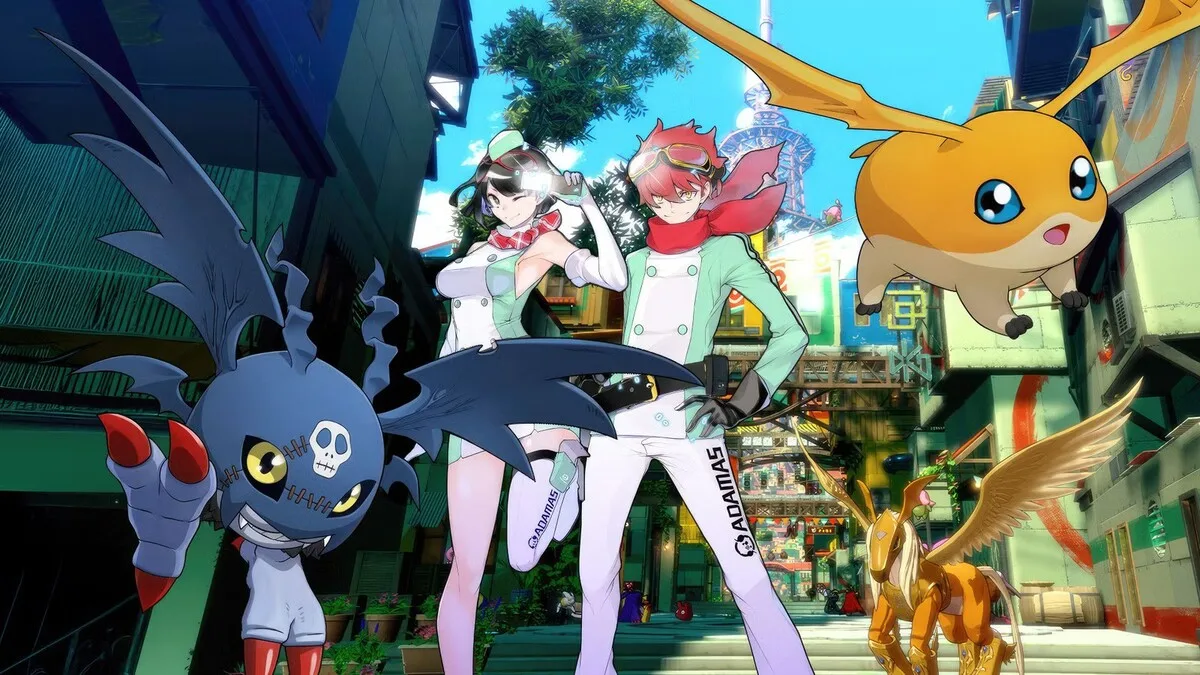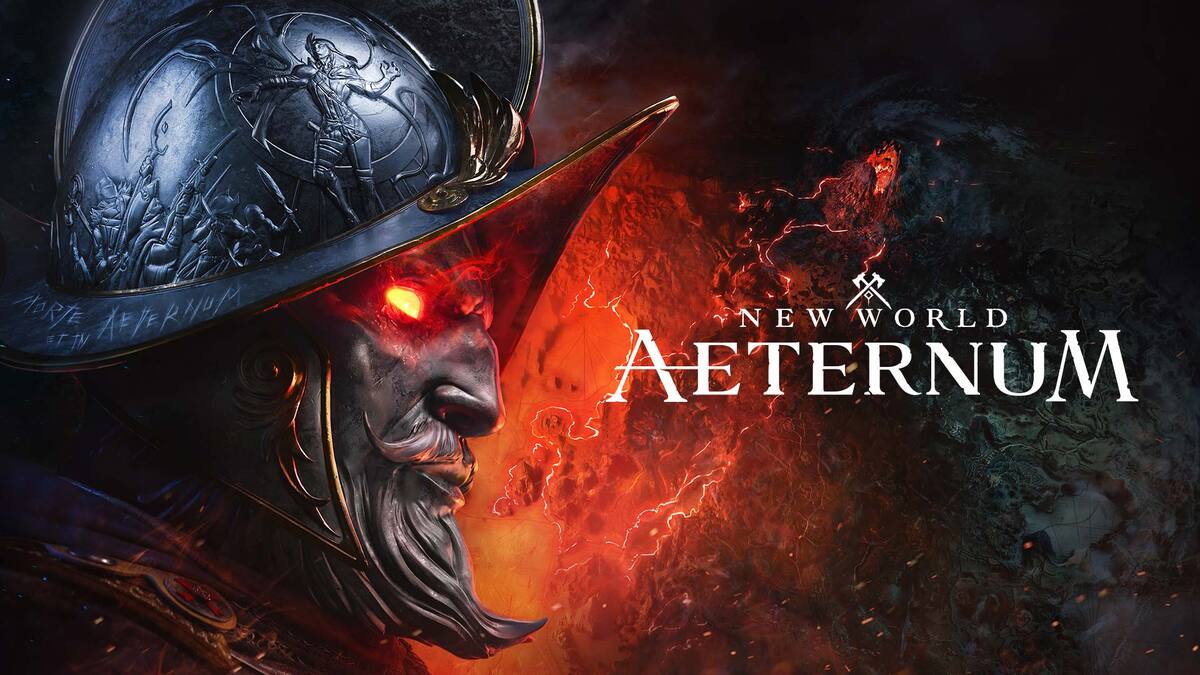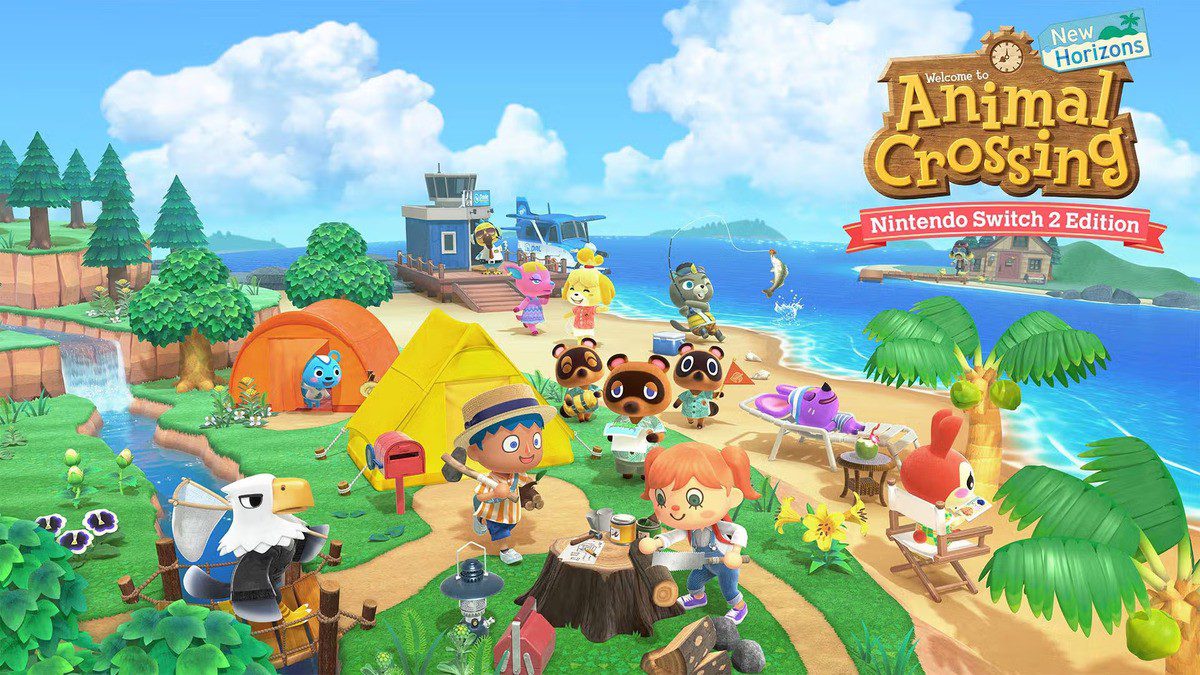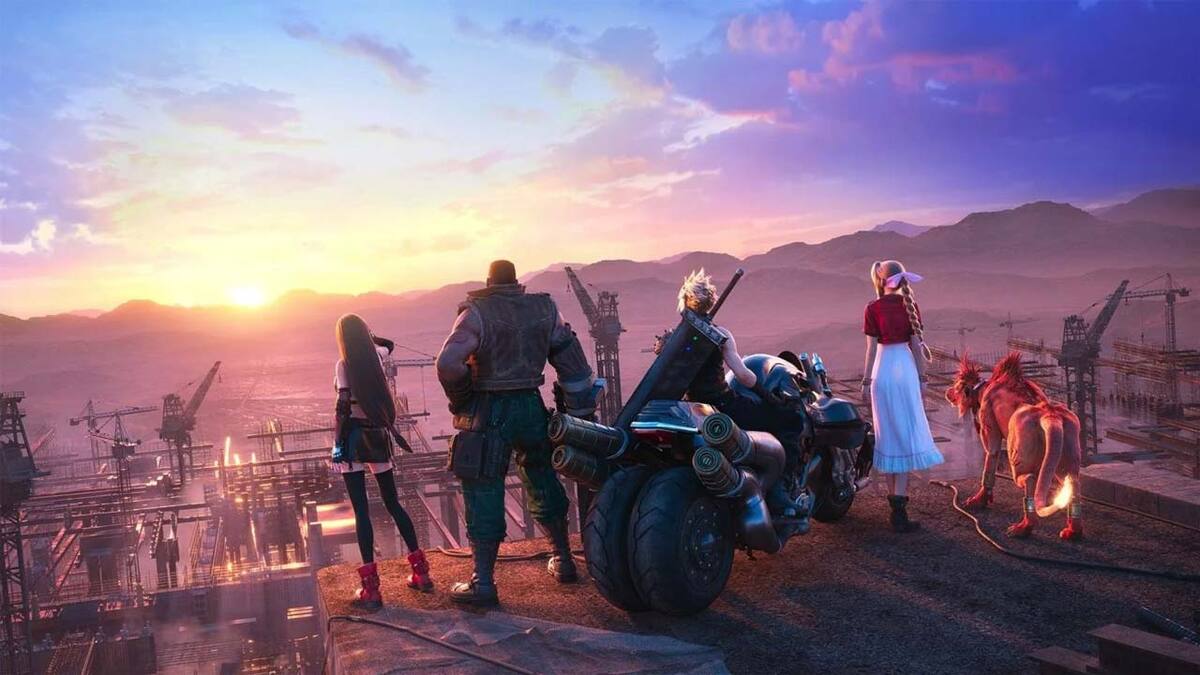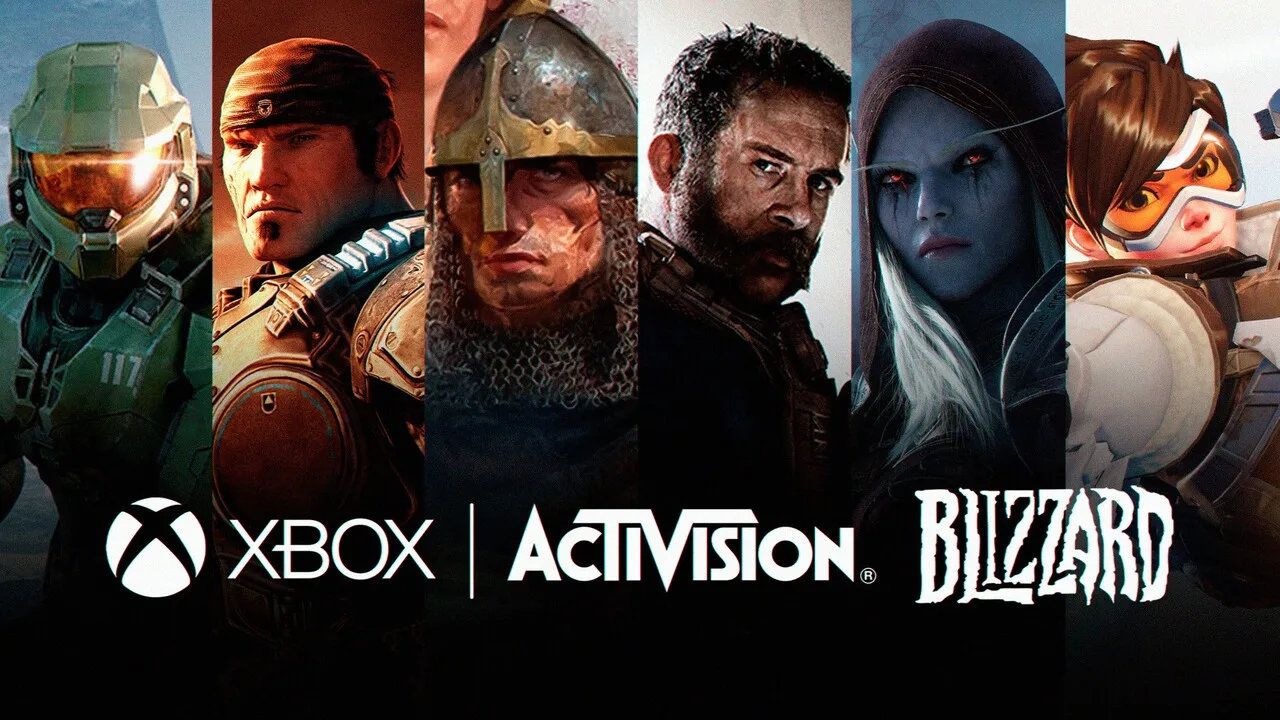Since the 1990s, Pokémon has dominated the creature-collecting genre, but it has always had a consistent rival that isn’t afraid to step outside the teenage-focused formula to offer more mature ideas: Digimon. In addition to multiple anime series, the franchise has more than 70 video games across different genres, though its most recognizable approach has always been creature battles, similar to Pokémon’s gameplay.
This year we finally got Digimon Story Time Stranger, a project that spent over 7 years in development with a clear goal: to compete directly with Pokémon. For those unfamiliar with the saga, Digimon introduces us to digital creatures that can be captured, evolved, and used in battle. They are not real but belong to a digital world that, in different media, has tried to “cross over” into the human world.
The story follows an agent from a mysterious organization sent to investigate an anomaly in the Digital World. After an unexpected event, she ends up traveling back in time and meets a Digimon with a human-like appearance. Together, they attempt to solve a mystery involving Digimon gods and a large-scale conspiracy.
The narrative is engaging from the start, with a solid pace that constantly reveals new developments. However, your protagonist is silent, which hurts immersion a bit, and the human characters are forgettable. Fortunately, this is balanced out by the Digimon themselves: each one has a dedicated voice actor that brings them to life, making them so charismatic you’ll want to interact with them as much as possible.
Gameplay-wise, this is a turn-based JRPG, where you choose from a list of attacks and abilities for your Digimon. At first, it may feel overwhelming, but the mechanics are actually easy to grasp, resembling a “rock-paper-scissors” system of strengths and weaknesses. There are elemental affinities (fire, water, plant, etc.), and of course, the iconic Digivolutions, each with its own requirements and multiple alternate forms with different stats and abilities.
The game encourages capturing multiple Digimon of the same type, either to unlock evolutions or to fuse them in order to strengthen a specific one. It also features side quests that allow you to tweak stats, adding more variety beyond the main campaign. The silent protagonist even has a skill tree that expands as you level up, with some abilities being essential to progress through the story.
On the technical side, the game shines in its cutscenes and digital world design, though the character movement in the overworld sometimes feels clunky and outdated. Still, the overall presentation works and successfully delivers the essence of a modern Digimon experience.
With a runtime of around 40 hours or more, Digimon Story Time Stranger provides a deep and mature experience, more in line with what Pokémon fans have been asking for over the years. While it stumbles with its human characters and a few technical flaws, it’s still a solid title that lives up to most expectations.
Final Score: 4/5

